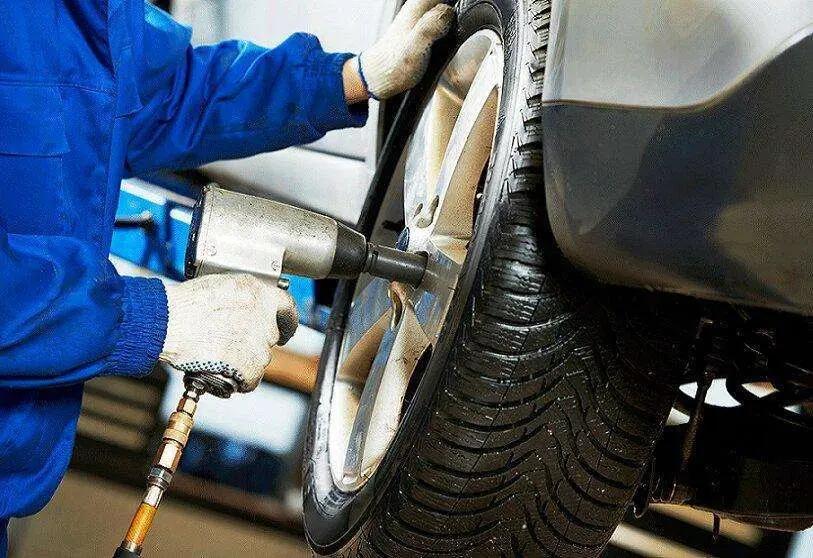Argentina: the tyre crisis affects the automotive sector

The crisis began at the beginning of the year following complaints and subsequent strikes by car workers, who were demanding better wages. The union's indefinite strike has prompted the Japanese company Toyota and the American company Ford to announce the stoppage of production at two plants. This is due to the lack of tyres in the country. "Let's bear in mind that in particular the plants or those of us who produce cars in the country have two or three weeks of tyre stock and today I would say that we are practically 10 days away from having to stop if this conflict is not resolved," commented Martin Zuppi, president of Fiat, Jeep and Ram of Stellantis.
Economy Minister Sergio Massa on Wednesday called on the trade unionists to moderate their position and demands to resolve the conflict that is seriously affecting vehicle production in Argentina.

In this dilemma is trapped the conflict of the Tyre Union (SUTNA), which has become a test for the trade union left, but also for the Peronist trade unionism and the government. According to Infobae, the radicalisation of the SUTNA, led by Alejandro Crespo of the Partido Obrero, seems to be the first link in a Trotskyist strategy aimed at trying to politically capitalise on the discontent at the grassroots level over the economic austerity measures taken by the Frente de Todos. In addition, they assure that they will only back down if the government offers new proposals.
"The union has been gradually improving the situation of the workers, that is why the companies want to go for greater flexibility to defeat the workers' union," said Crespo after the last and frustrated hearing on the negotiations at the Ministry of Labour. Massa, in defence of the government, explained that a group of leaders cannot put at risk a chain of employment of more than 150,000 workers by not wanting to sit down to negotiate.
From the other side, Mariano Romero, a Fate worker and member of SUNTA, said: "We workers want to negotiate, we want to reach an agreement, we want to work. The raw material is there. Those who refuse to produce are the employers. We have been in conflict for five and a half months"; alluding to the fact that they are not the main culprits of the stoppages in the sector.

On the other hand, the government is already considering importing tyres, given that the manufacturers are paralysed and their customs warehouses are blocked. The possible continuation of the conflict could cost Argentina some 35 million dollars per day of stoppage, along with the destruction of around 150,000 jobs. Javier Madanes Quintanilla, owner of Fate - one of the three paralysed tyre companies - assured that if the union had accepted the business proposal, the workers in the sector would be paid more than double the current wage, which would be equivalent to 66%, while SUNTA insists on raising it to 200%.
Meanwhile, there is an electoral component behind the radicalisation of the conflict. According to the latest poll conducted by the consulting firm Synopsis, the left-wing vote will attract more support in next year's elections because the anti-establishment vote is expected to increase. This vote is expected to be concentrated mainly in the Frente de Todos party. In the same way, the anger generated by the economic crisis and the effects of the pandemic would provoke the rise of the libertarian Javier Milei, who is already on a par with Cristina de Kirchner in terms of voting intentions.
America Coordinator: José Antonio Sierra.








